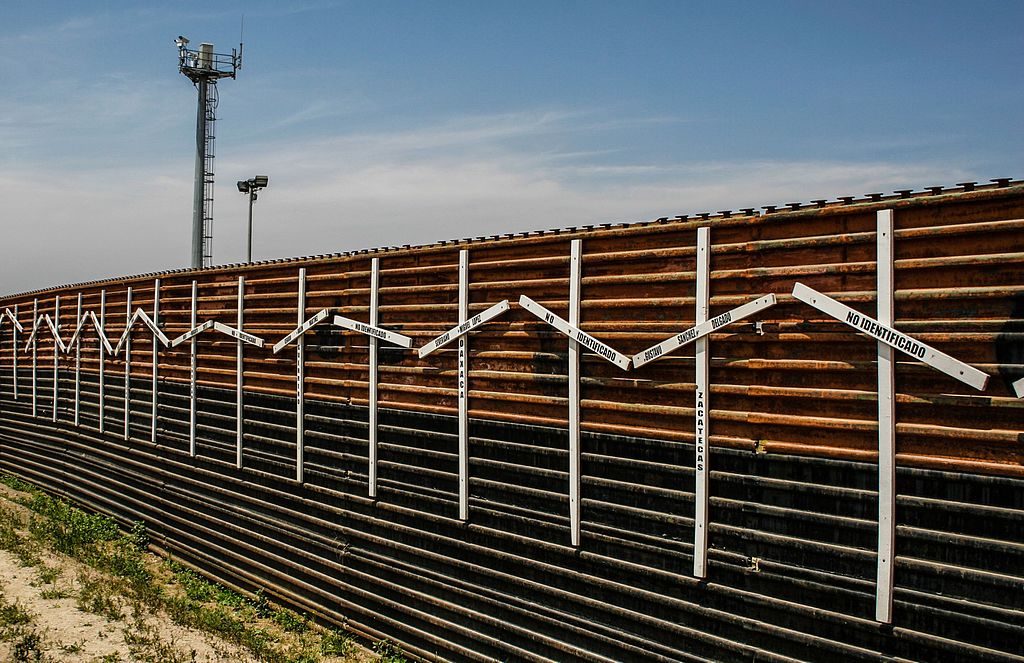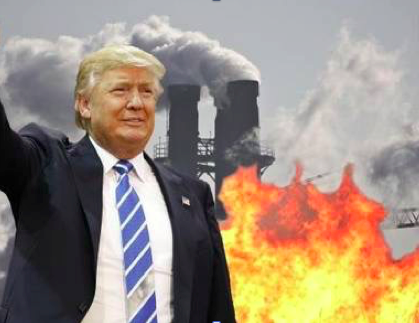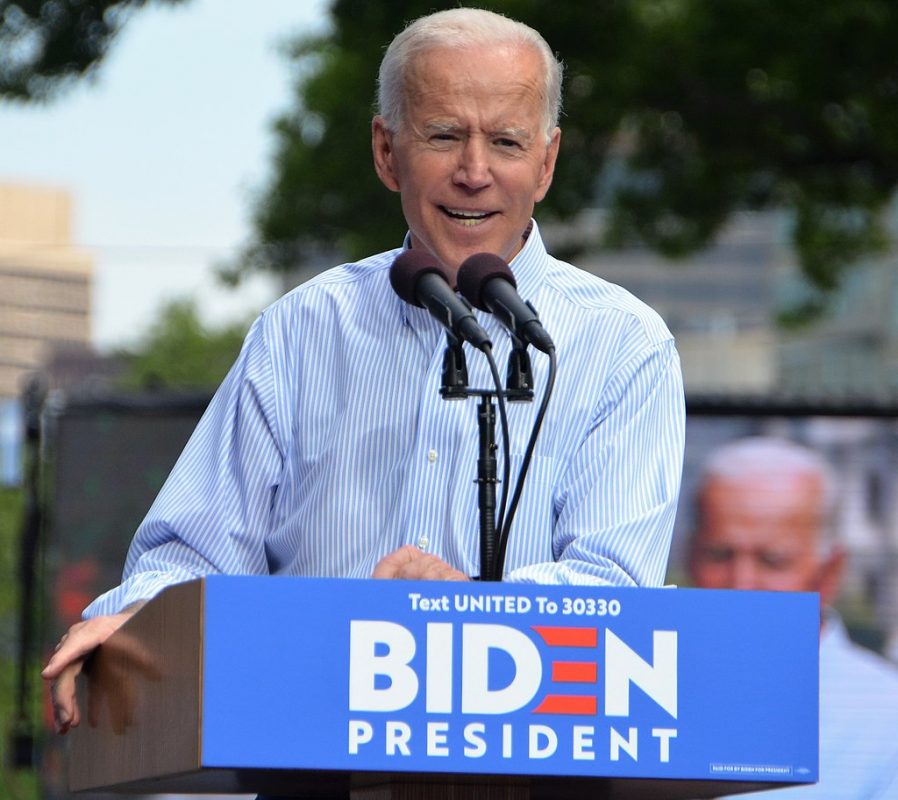US Government slashing environmental protection laws to build border wall

February 5th, 2018
The Department of Homeland Security (DHS) has waived 26 environmental laws in order to smooth the way for the construction of a border wall with Mexico in order to reduce illegal border crossing.
The Secretary of Homeland Security Kirstjen Nielsen announced the decision in a governmental notice at the end of last month to ensure the “expeditious construction” of roads and physical barriers in the El Paso region of New Mexico.
According to the DHS that there is an”immediate need to construct border barriers and roads” as the El Paso sector has seen “over 25,000 illegal aliens” apprehended, 67,000 pounds of marijuana, as well as 157 pounds of cocaine seized, in 2016.
“I have determined that it is necessary that I exercise the authority that is vested in me,” Ms Nielsen said in the notice and proceeded listing the laws to be removed to speed up the construction process.
The notice continues: “While the waiver eliminates DHS’ obligation to comply with various laws with respect to covered projects, DHS remains committed to environmental stewardship. DHS has been coordinating and consulting, and intends to continue doing so, with other federal and state resource agencies to ensure that impacts to the environment, wildlife, and cultural and historic artifacts are analyzed and minimized, to the extent possible.”

Mexico–United States barrier at the border of Tijuana, Mexico and San Diego, USA Photo: Tomas Castelazo
The protective statutes to be abrogated concern the likes of habitats, water, birds, waste, fish, and wildlife, with Acts like the National Environmental Policy Act, the Endangered Species Act and the National Fish and Wildlife Act being waived for the construction of the border wall with Mexico.
Additionally, The Washington Post reported last week that the White House intends to significantly reduce requirements of environmental reviews for new projects as part of a new infrastructure plan.
The proposal asks to simplify impact assessments for new projects in order to make the process less costly and more time efficient. This will likely result in a less holistic evaluation of environmental impacts of proposed developments like roads or pipelines.
These actions are the latest of numerous measures implemented by the current administration that contradict environmental protection concerns.
For example, last year the White House reduced the size of some national parks, in part to allow coal mining, as well as proposals to extend oil drillings and repeal carbon emission guidelines.
[x_author title=”About the Author”]







